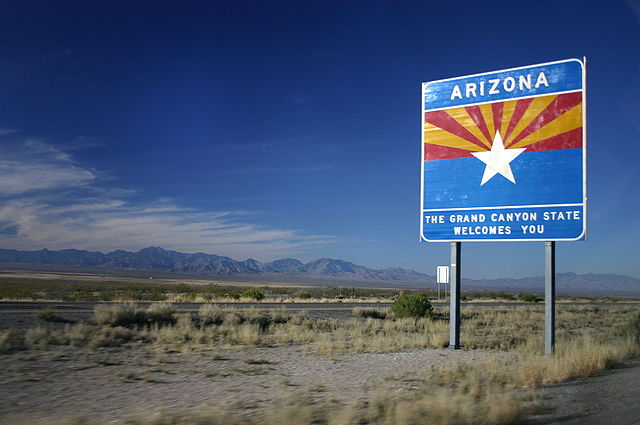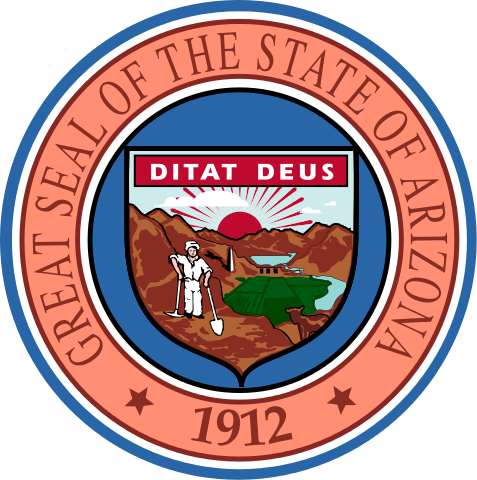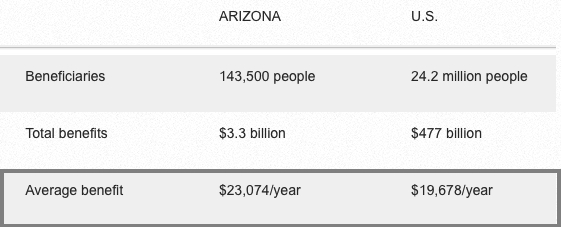There are so many scandals surrounding Arizona’s Public Safety Personnel Retirement System—illegal raises, large severance packages for fired personnel, allegations of sexual harassment—that it’s easy to forget that one has outlasted them all.
The longest running scandal dates back to last year, when the three high-level investment personnel mysteriously quit the fund—presumably in protest of something.
It didn’t take long to find out why. Allegations soon surfaced that other investment staff at the fund had inflated the value of real estate assets in order to trigger large bonuses for themselves. A federal criminal investigation is still ongoing.
But back in March, watchdog group Judicial Watch asked the fund to release the federal grand-jury subpoena related to those allegations to the public. The fund refused, and so the matter went to court.
A judge ruled Wednesday that the subpoena is a matter of public record, and PSPRS has to release it. From the Arizona Republic:
Judicial Watch filed a public records request for the documents after The Arizona Republic in early March reported that PSPRS had received a federal grand jury subpoena as part of a criminal investigation into whether pension-trust managers inflated certain real-estate investment values. PSPRS has denied the allegations.
The trust refused to release the records, prompting Judicial Watch to sue. The trust claimed it was not in its best interest to release the records and that disclosure might interfere with a federal grand jury investigation.
However, the judge said “PSPRS does not show any specific, material harm that would result from disclosure of this federal grand jury subpoena.” He also ruled that “although the public records law does not mandate disclosure of every document held by a state agency, a document with a ‘substantial nexus to government activities’ is a public record. … Clearly there is such a substantial nexus here.’ “
The judge gave no timeline for the release. But PSPRS Chairman Brian Tobin said he will release it to the public sometime Monday, after a meeting with the system’s board of directors.


